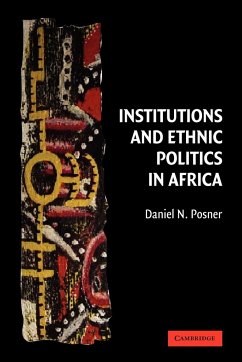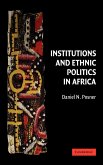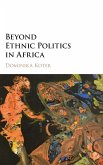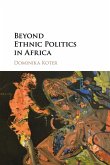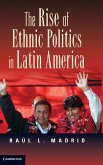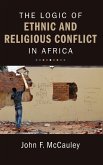The book demonstrates how formal institutional rules determine the kinds of social cleavages that matter in politics.
This book presents a theory to account for why and when politics revolves around one axis of social cleavage instead of another. It does so by examining the case of Zambia, where people identify themselves either as members of one of the country's seventy-three tribes or as members of one of its four principal language groups. The book accounts for the conditions under which Zambian political competition revolves around tribal differences and under which it revolves around language group differences. Drawing on a simple model of identity choice, it shows that the answer depends on whether the country operates under single-party or multi-party rule. During periods of single-party rule, tribal identities serve as the axis of electoral mobilization and self-identification; during periods of multi-party rule, broader language group identities play this role. The book thus demonstrates how formal institutional rules determine the kinds of social cleavages that matter in politics.
Table of content:
1. Introduction: institutions and ethnic politics; Part I. Accounting for the Ethnic Cleavage Structure: 2. Accounting for Zambia's ethnic cleavage structure I: the emergence of tribal identities in colonial Northern Rhodesia; 3. Accounting for Zambia's ethnic cleavage structure II: the emergence of language identities in colonial Northern Rhodesia; Part II. Accounting for Ethnic Coalition-Building Choices: 4. Ethnicity and ethnic politics in post-independence Zambia; 5. Explaining changing patterns of ethnic politics; Part III. Testing the Model: 6. Competing explanations; 7. Ethnic campaigning: testing the observable implications of the model for elite behavior; 8. Ethnic voting: testing the observable implications of the model for mass behavior; Part IV. Beyond Zambia: 9. Regime change and ethnic politics in Africa; 10. Beyond regime change, beyond Africa; Appendix A. Native authorities and tribal identifications; Appendix B. Survey and focus group methodologies; Appendix C. Tribal affiliations of parliamentary candidates; Appendix D. Tribal demographies of electoral constituencies.
This book presents a theory to account for why and when politics revolves around one axis of social cleavage instead of another. It does so by examining the case of Zambia, where people identify themselves either as members of one of the country's seventy-three tribes or as members of one of its four principal language groups. The book accounts for the conditions under which Zambian political competition revolves around tribal differences and under which it revolves around language group differences. Drawing on a simple model of identity choice, it shows that the answer depends on whether the country operates under single-party or multi-party rule. During periods of single-party rule, tribal identities serve as the axis of electoral mobilization and self-identification; during periods of multi-party rule, broader language group identities play this role. The book thus demonstrates how formal institutional rules determine the kinds of social cleavages that matter in politics.
Table of content:
1. Introduction: institutions and ethnic politics; Part I. Accounting for the Ethnic Cleavage Structure: 2. Accounting for Zambia's ethnic cleavage structure I: the emergence of tribal identities in colonial Northern Rhodesia; 3. Accounting for Zambia's ethnic cleavage structure II: the emergence of language identities in colonial Northern Rhodesia; Part II. Accounting for Ethnic Coalition-Building Choices: 4. Ethnicity and ethnic politics in post-independence Zambia; 5. Explaining changing patterns of ethnic politics; Part III. Testing the Model: 6. Competing explanations; 7. Ethnic campaigning: testing the observable implications of the model for elite behavior; 8. Ethnic voting: testing the observable implications of the model for mass behavior; Part IV. Beyond Zambia: 9. Regime change and ethnic politics in Africa; 10. Beyond regime change, beyond Africa; Appendix A. Native authorities and tribal identifications; Appendix B. Survey and focus group methodologies; Appendix C. Tribal affiliations of parliamentary candidates; Appendix D. Tribal demographies of electoral constituencies.

